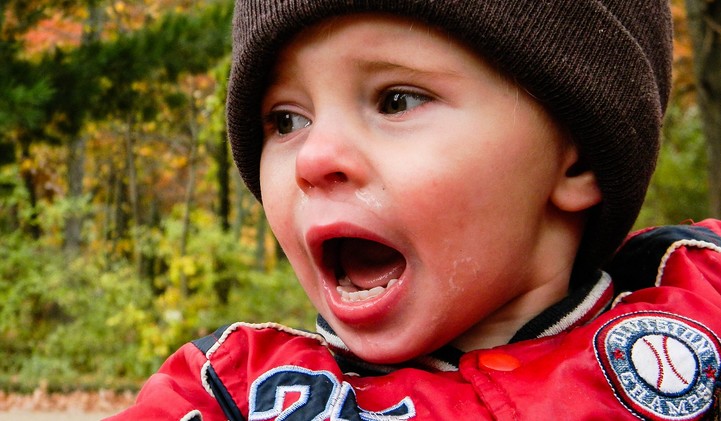Working with a child who has a social or emotional disability can be challenging in the child care setting. Children with social and emotional disabilities may display one of three types of extreme behavior: withdrawal, aggression, or high activity level. Each type of behavior may require a different type of support in order for the child to participate successfully in the child care setting.
Children with social and emotional challenges need consistent daily schedules and dependable interactions …


